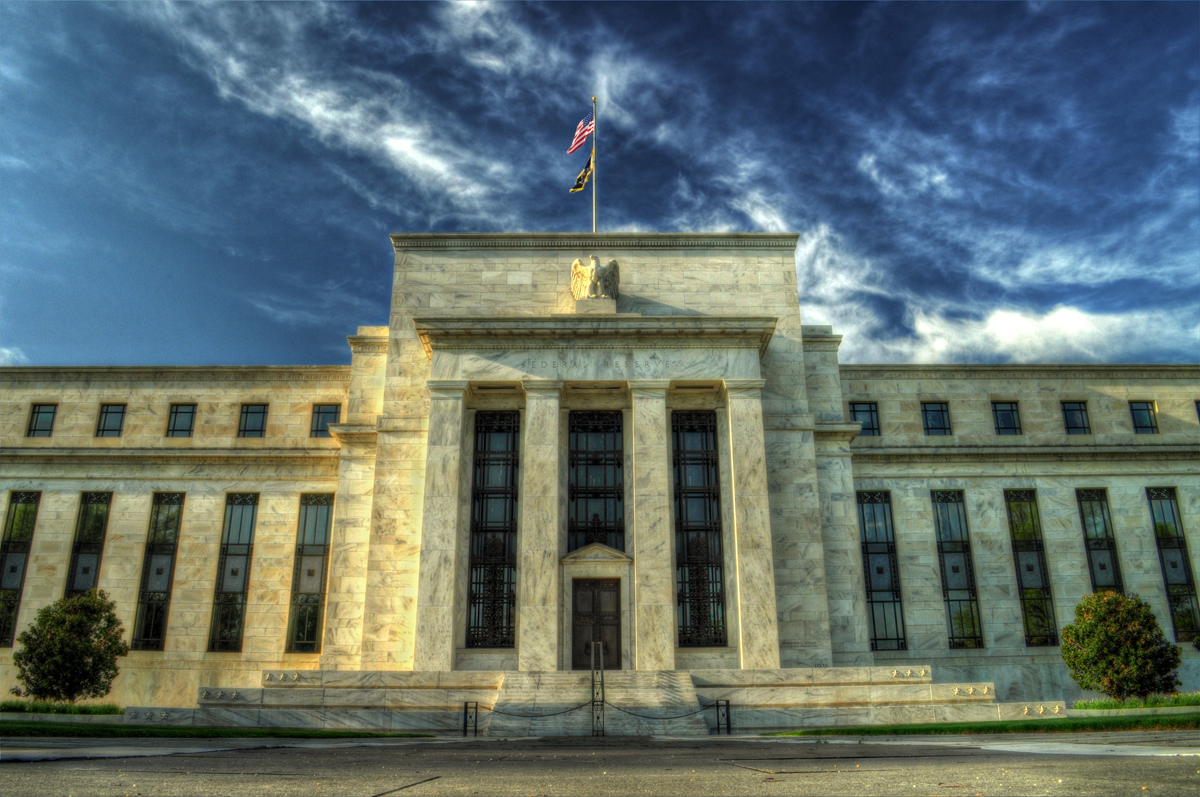Fed Raises Rates

The Federal Reserve(Fed) recently agreed to raise their benchmark lending rate for the third time in six months. Moreover, they maintained their outlook for one more hike in 2017 and set out some details for how they intend to shrink their $4.5 trillion balance sheet this year. In a press conference after the decision was announced, Fed Chair Janet Yellen said the unwinding plan could be put into effect “relatively soon” if the economy evolves as the central bank expects.
How A Rate Increase Affects You
Should you worry about shopping for a home?
The short answer is no. There are a lot of areas to consider when buying a home and it is very difficult to get them all to align perfectly. If you’re all set to buy, don’t let a slightly higher interest rate deter you. Even though the trend looks as if we could see interest rates continue to rise, let’s not forget that were starting from a very low floor. It will take a long climb for interest rates to hit the historical average of 8%. So if you’re locking in a rate between 4-6% you’re doing really well long-term.
Questions about a purchase or refinance? Follow this link to learn more.
What about my Savings Account?
You could see rates on savings accounts go up, but it won’t be immediate and it probably wouldn’t be significant. Banks typically don’t weigh a Fed rate increase heavily when making decisions on savings rates. However, banks do look at how competitors react to a Fed rate hike; so if some banks start to raise savings rates others may follow suit.
How about my CDs?
Most standard CDs come with fixed interest rates, so those would not change. Some banks offer bump up CDs that let customers request a rate increase if bank’s rates rise. Usually you may only request this once in the lifetime of the CD, and they typically have lower interest rates to start with and require higher deposits. If you do have one, keep track of your bank’s rates and ask to adjust your CD accordingly.
Credit Cards?
Interest rates on credit cards will most likely go up. They trend higher or lower with the prime rate. One thing to keep in mind is that you may not hear about it if it does increase. There is an exception to the 45-day notice rule on APR increases if it is triggered by a prime rate increase. Keep an eye on your statements. It’s always a good idea to keep credit card balances low, but even more so if your APR increases. Your APR also affects how minimum payments are calculated and that could increase as well.
For more tips on how to be Smart With Your Money go to www.smartwithyourmoney.com
Be sure to listen to the Podcast below!
Podcast: Play in new window | Download

